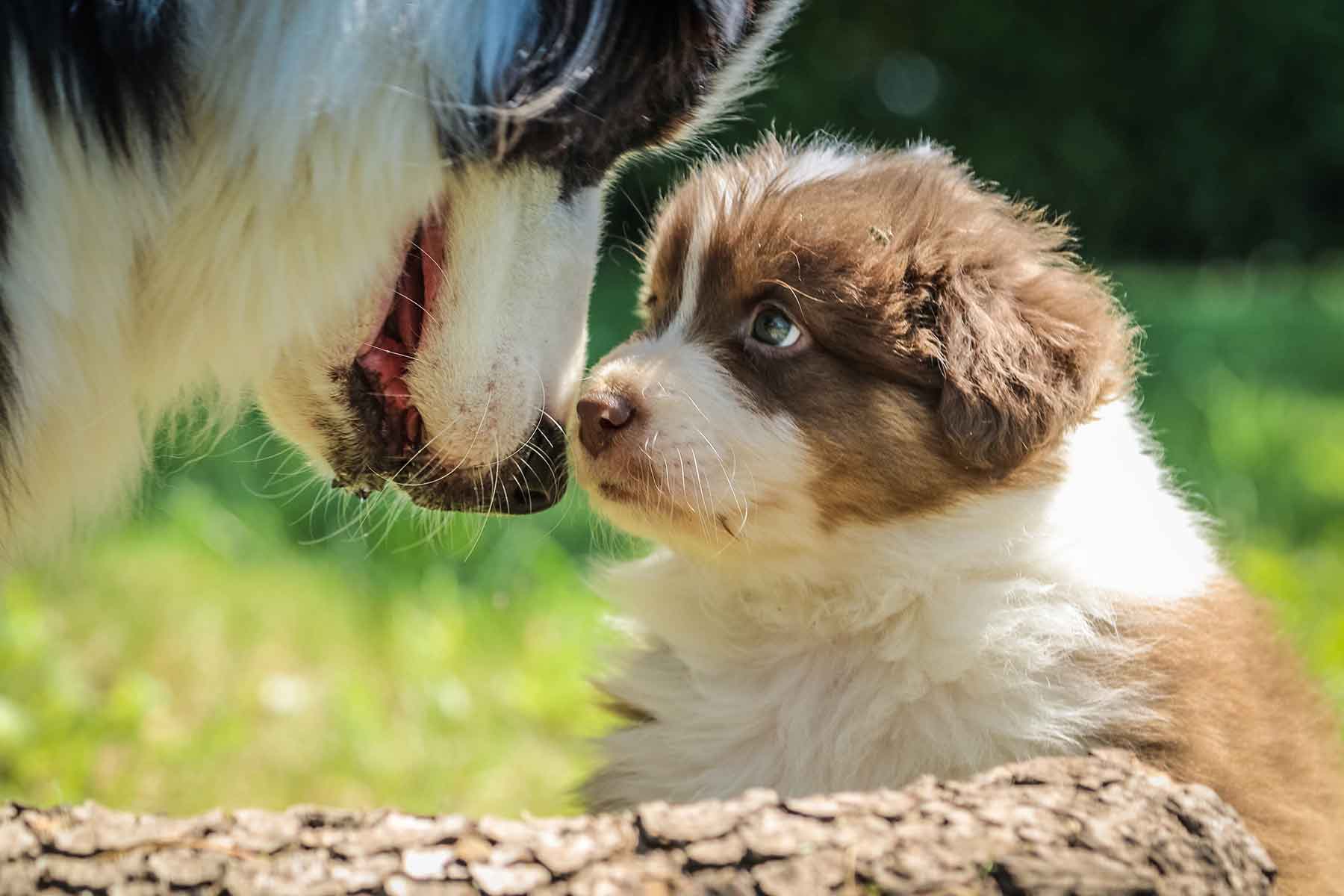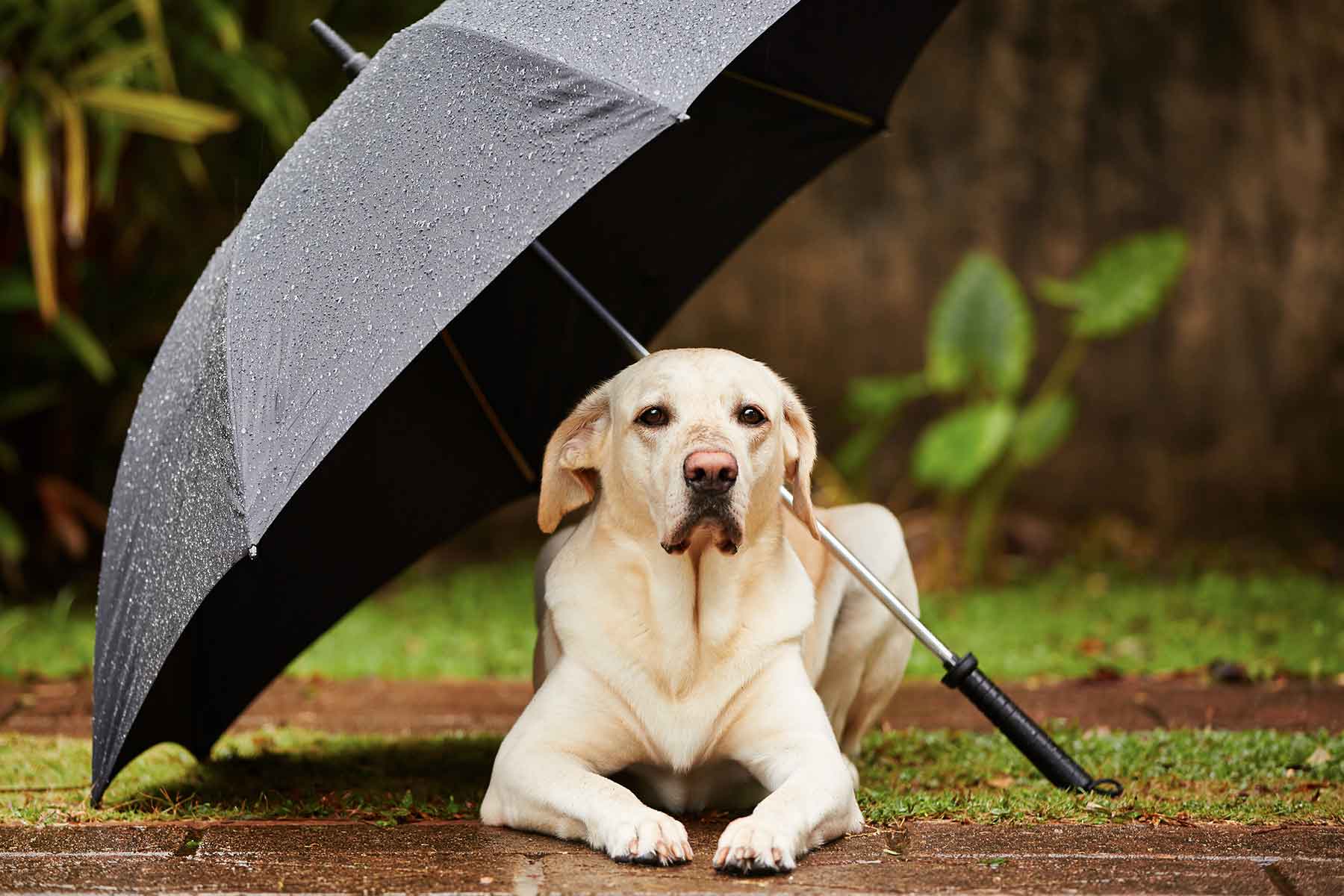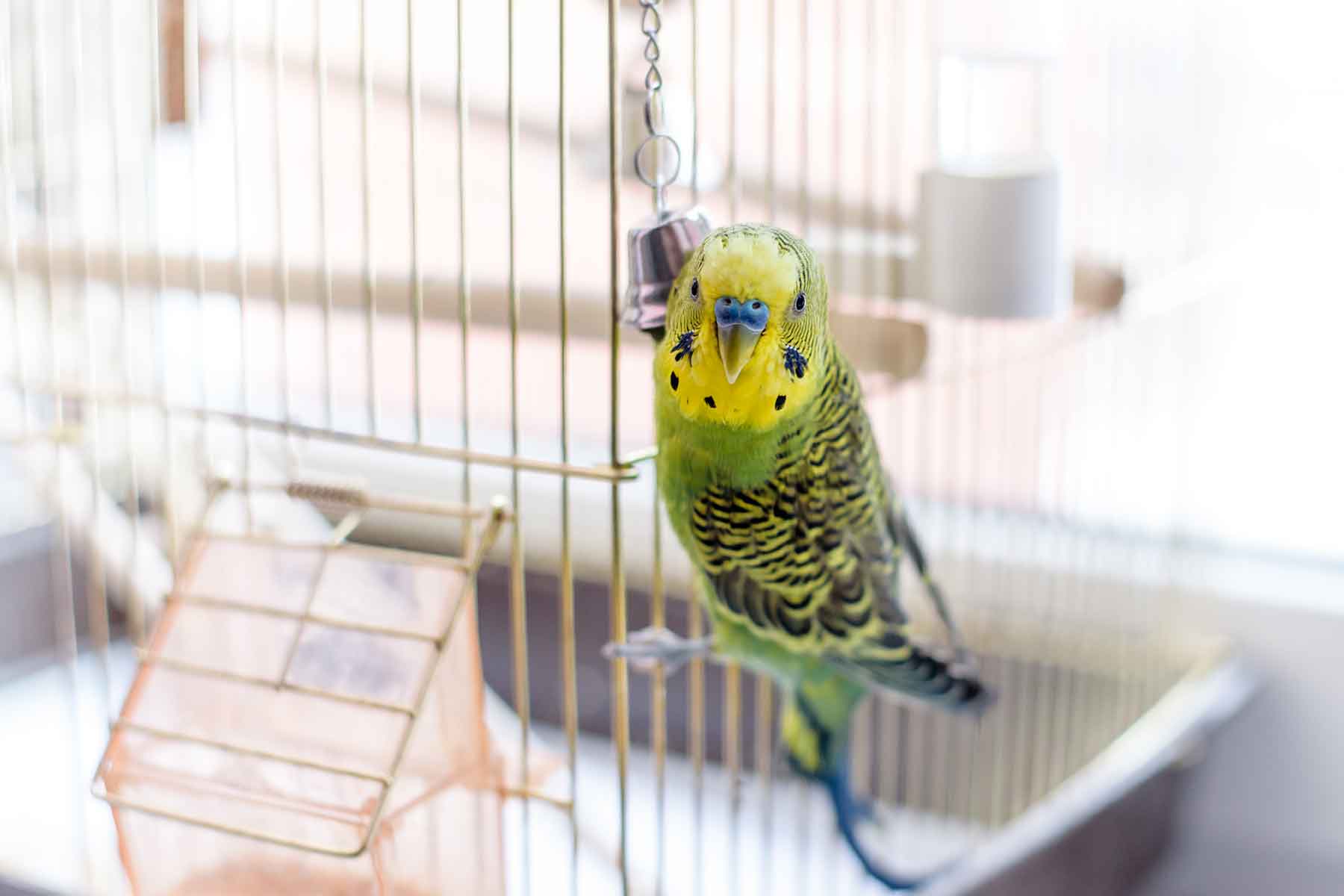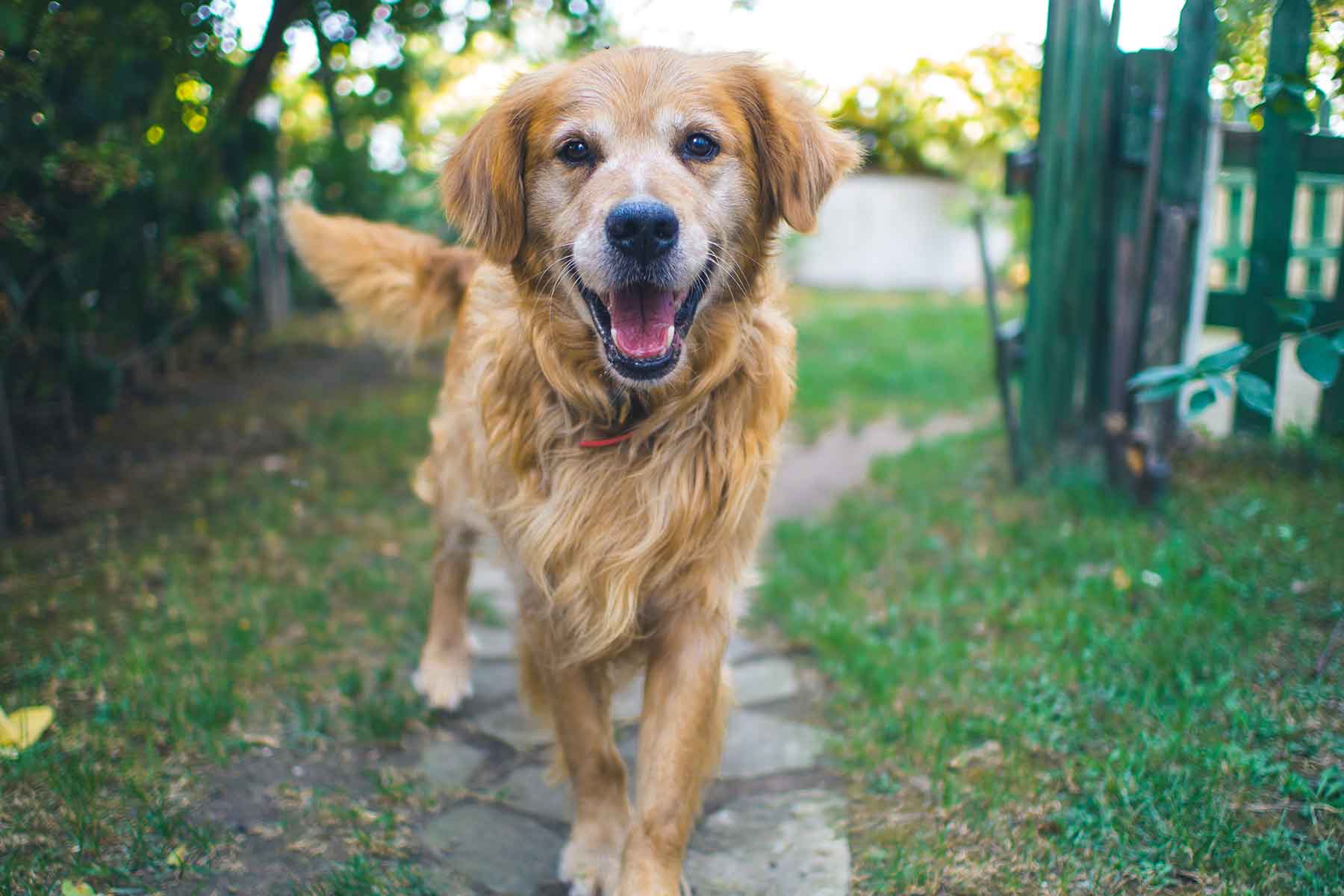Diarrhoea, it’s certainly not our favourite topic, but one a pet owner should never ignore. Either a consequence of a bad snack choice or a symptom of an underlying disease, it’s important to observe your pet closely if you notice diarrhoea.
Diarrhoea is not a disease but a symptom of many different diseases and illnesses. Many mild cases of diarrhoea can be resolved quickly with simple treatment, others require more extensive diagnosis and treatment.
When should you act?
Every dog and every case of diarrhoea is different. For this reason, we would prefer you call our healthcare team to discuss your dog’s diarrhoea rather than you wait and see if it gets better or worse.
Observation questions we may ask:
- How long has the diarrhoea been present?
- Is the diarrhoea more severe now than when it started?
- What is the consistency of the diarrhoea ie watery, semi-solid?
- Does the diarrhoea contain any blood?
- How many times each day is your dog defecating?
- What colour are the faeces?
- Does your dog appear to be straining or having difficulty defecating?
- Do the faeces contain any mucus?
- Is your dog’s appetite normal or decreased?
- Has your dog been fed or had access to any unusual food eg rubbish, table scraps, dead animals etc.
- Is your dog as active as normal?
- Is your dog drinking more or less water than usual?
- Has vomiting occurred? If so, how frequently?
- Does your dog have any toys that it plays with that could have been swallowed?
- Does your dog have access to sewing materials, such as thread or needles, rubber bands or string?
- Do you have any other pets that also have diarrhoea?
- Do any members of your family currently have a diarrhoea problem?
How serious is diarrhoea in dogs?
Left untreated even diarrhoea caused by mild illnesses may have a severe impact on the wellbeing of your pet. Treatment is essential early to prevent severe fluid and nutrient loss.
If your dog is systemically ill (when more than one body system is involved), your veterinarian will be looking for other changes and symptoms such as:
- Vomiting
- Dehydration
- Loss of appetite
- Abdominal pain
- Fever
- Lethargy
What types of tests are performed to find the cause of a dog’s diarrhoea?
Some of the causes of diarrhoea include stomach or intestinal viruses, intestinal parasites, and dietary indiscretions (such as a change in diet, eating rubbish or other offensive/irritating materials).
After a consultation and physical examination of your dog it may be necessary to perform a variety of tests in order to make a diagnosis. These tests may include blood tests, microscopic faecal evaluation, viral tests, abdominal evaluation (radiographs, ultrasound and/or endoscopy) and intestinal biopsies.
Once the diagnosis is known specific treatments can be prescribed which may include medications, prescription diets or surgery.
If your pet is not improving a change in medication or further tests may be necessary. It is important to keep your veterinarian updated about your pet’s progress to optimise his/her recovery.











